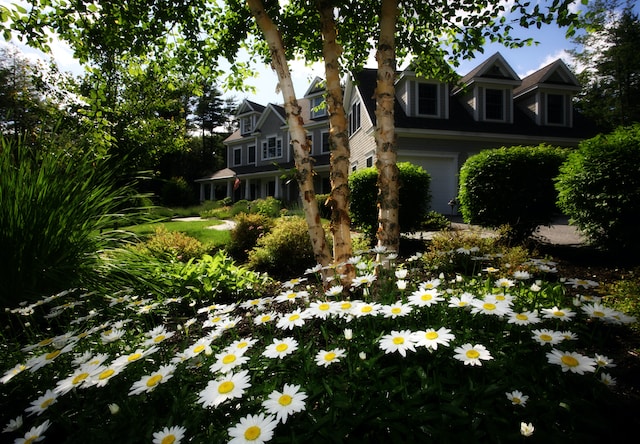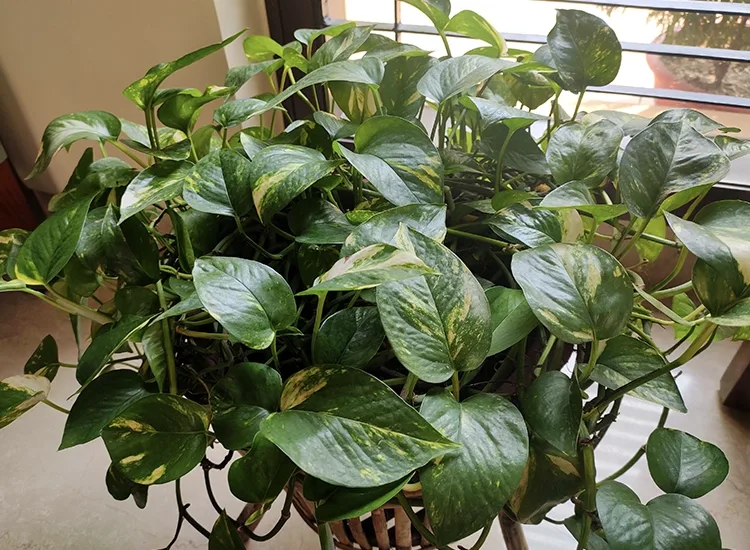Introduction:
In an era where environmental concerns are at the forefront, adopting sustainable practices in all aspects of life is crucial. Gardening is no exception. By implementing eco-friendly techniques, you can create a sustainable garden that not only benefits the environment but also enhances the beauty of your outdoor space. Here are some tips to help you get started on your journey towards eco-friendly gardening.
1. Soil Health and Composting:
The foundation of any successful garden lies in healthy soil. Instead of relying on synthetic fertilizers, opt for organic alternatives. Composting is an excellent way to enrich your soil naturally. By composting kitchen scraps, yard waste, and other organic materials, you can create nutrient-rich compost that improves soil structure and fertility. This reduces the need for chemical fertilizers and promotes a thriving ecosystem in your garden.
2. Water Conservation:
Conserving water is a crucial aspect of sustainable gardening. Install a rainwater harvesting system to collect rainwater, which can then be used to water your plants. Mulching is another effective technique to reduce water evaporation from the soil. Apply a layer of organic mulch around your plants to retain moisture, suppress weeds, and regulate soil temperature. Additionally, consider using drip irrigation systems that deliver water directly to the plant roots, minimizing water wastage.
3. Native Plants and Biodiversity:
Incorporating native plants into your garden is not only beneficial for the local ecosystem but also reduces the need for excessive maintenance. Native plants are adapted to the local climate and require less water, fertilizer, and pesticides. They also provide food and shelter for local wildlife, promoting biodiversity. By creating a diverse garden with a variety of plants, you can attract beneficial insects and pollinators, which play a vital role in the health of your garden.
4. Natural Pest Control:
Avoiding the use of chemical pesticides is essential for maintaining a sustainable garden. Instead, focus on natural pest control methods. Encourage beneficial insects like ladybugs, lacewings, and praying mantises, which feed on garden pests. Planting companion plants that repel pests or attract beneficial insects can also help. For example, marigolds repel aphids, while dill attracts beneficial wasps that prey on caterpillars. Regularly inspect your plants for signs of pests and manually remove them when necessary.
5. Reduce, Reuse, Recycle:
Adopting the principles of reduce, reuse, and recycle in your garden can significantly reduce waste and promote sustainability. Use organic materials like fallen leaves and grass clippings as mulch or compost them. Repurpose household items as planters or garden decorations. Consider using recycled materials for garden structures, such as reclaimed wood or recycled plastic. By minimizing waste and reusing resources, you contribute to a greener and more sustainable garden.
Conclusion:
Creating a sustainable garden is not only beneficial for the environment but also a rewarding experience for gardeners. By implementing these eco-friendly practices, you can reduce your ecological footprint, conserve resources, and create a thriving garden ecosystem. Embrace the principles of sustainability and enjoy the beauty and abundance of your eco-friendly garden.










